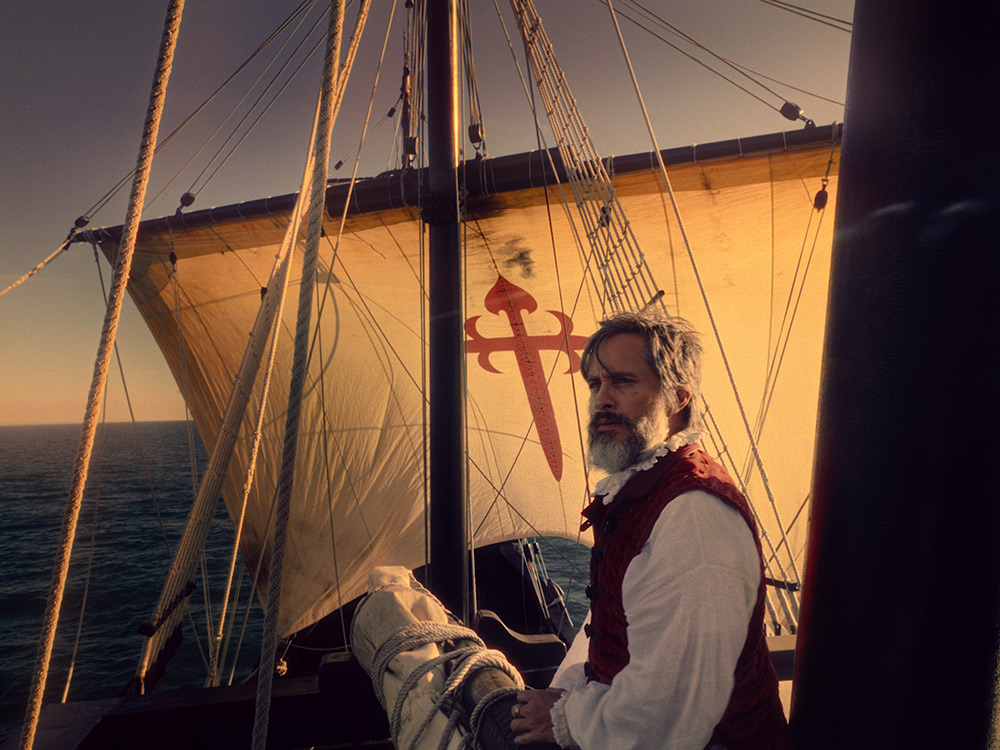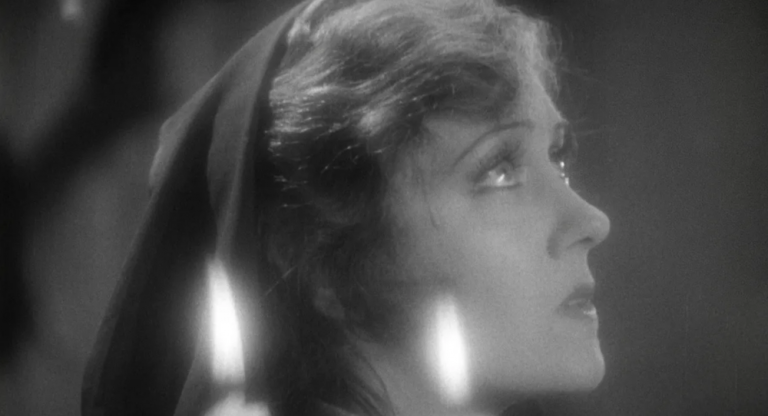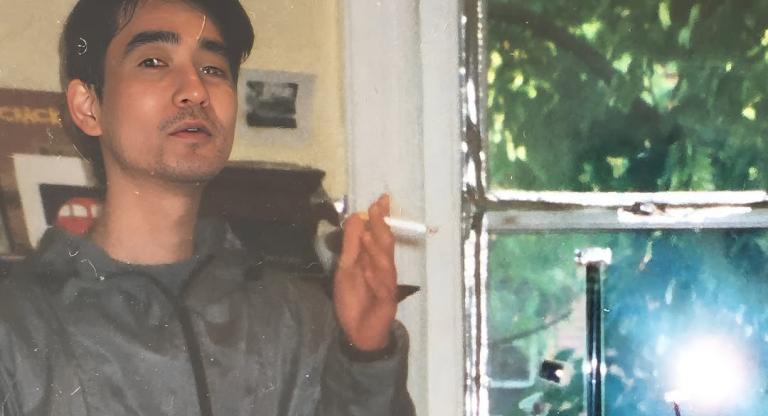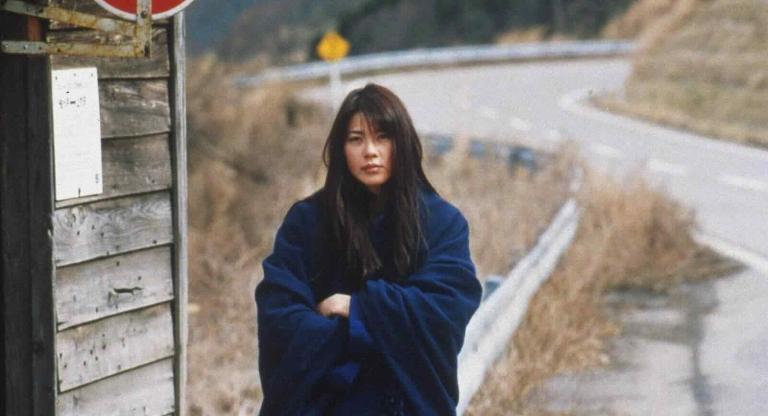Clouds of anxiety—about the state of the world and the state of the film business—hung over the gleaming Palais des Festivals throughout the 78th Festival de Cannes. In this fraught atmosphere, some strong films depicting authoritarian regimes from the past—Sergei Loznitsa’s Two Prosecutors (2025), Lav Diaz’s Magellan (2025, pictured at top), Fatih Akin’s Amrum (2025), and Best-Director-winner Kleber Mendonça Filho’s The Secret Agent (2025)—used history to speak eloquently about the present.
Filmed in static shots, in the nearly square 1.37:1 aspect ratio, Loznitsa’s ruggedly beautiful Two Prosecutors adapts a suppressed Russian novel by Georgy Demidov, who was a prisoner under Stalin in the 1930s. An idealistic young prosecutor investigates the case of an unjustly imprisoned man in this darkly comic drama where the rule of law has been subsumed by the caprices of the state. In one of the film’s many Kafkaesque moments, the prisoner is thrown into a dank cell where he is forced to burn a massive stack of mail by placing one letter at a time into a tiny stove.
Filipino director Lav Diaz’s mesmerizing Magellan stars Gael García Bernal as the 16th-century Portuguese explorer, colonialist, and missionary zealot. A rare historical drama set before the 20th century for Diaz, Magellan deglamorizes Magellan’s exploits. The film shows the violence carried out in the name of Christianity—including the conquistador’s claim that he was fighting “so that Islam shall finally disappear”—behind Spain’s imperialist project in a brisk (for Diaz) 160 minutes, albeit filmed in his trademark long-take tableau shots. As absorbing as the film is, Magellan cannot help but feel like an epic footnote to Diaz’s reportedly upcoming nine-hour black-and-white film Beatriz, which will tell the same story from the perspective of Magellan’s wife, a character seen just briefly in this version.
Faith Akin’s Amrum, set during the final days of World War II on the titular remote German island, is bathed in the warm nostalgic glow of Stand by Me (1986). The film tells the quietly provocative coming-of-age story of Nanning, a 12 year-old boy who has been raised as a member of the Hitler Youth. Amrum’s population is split between life-long islanders who view Hitler with disinterest or disdain, and Russian-born refugees from Germany’s mainland, such as Nanning’s family, who support the Nazis but have been displaced by the war. While on the island, Nanning works at a family farm run by Tessa (Diane Kruger), who is strongly anti-fascist. The boy recounts her denigrating remarks about Hitler to his mother, who turns Tessa in to the Nazi authorities. The film was scripted by Akin’s mentor, the 86-year-old director Hark Bohm, who based the film on his childhood memories of the period. (Amrum is credited as “A Hark Bohm Film by Fatih Akin.”) True to both the warm glow of childhood nostalgia and to the mixed feelings of adults adjusting to the truth about Hitler and his horrific crimes, Amrum is a deceptively intoxicating piece of classical filmmaking that immerses us in the island’s bucolic way of life while gradually raising questions about complicity and awareness that cannot be escaped, no matter how remote an island one lives on.
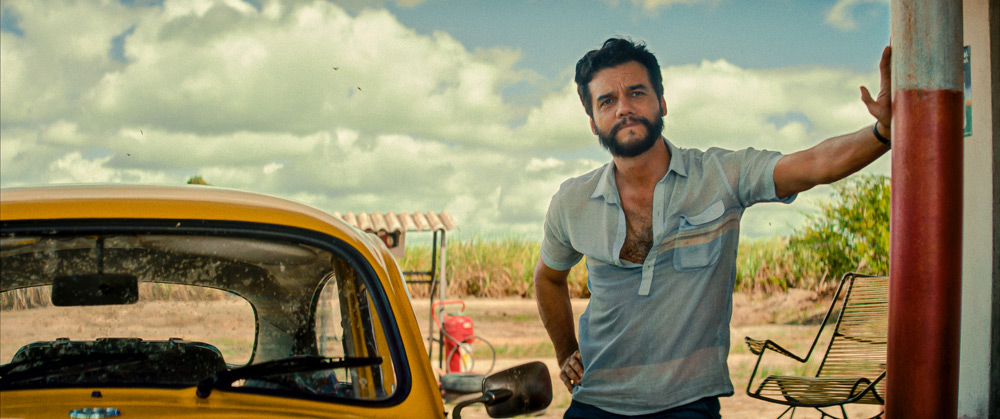
Much will be heard, from now through the award season, about Kleber Mendonça Filho’s The Secret Agent, a boldly assured, vividly detailed, multilayered political thriller set in Recife, the movie-mad city that Mendonça depicted in his documentary City of Ghosts (2023), during Brazil’s military dictatorship. A researcher-turned-enemy of the state who goes by the name Marcelo (played with soulfully enigmatic charisma by Best Actor winner Wagner Moura), returns to Recife to see his son, who lives with his murdered wife’s parents. He plans to escape from the country. In that process, Marcelo falls in with a dissident community whose 77-year-old matriarch Dona Sebastiana is played magnificently by Tânia Maria in a role that would have been played by Thelma Ritter in a Hollywood movie. With rich detail, Mendonça brings to life a vibrant city that lives under the constant threat of danger, mirrored by the movies playing at the time in the local theaters—Jaws (1975), The Omen (1976), and King Kong (1976). The film shifts at times from heightened realism into dreamlike fantasy, most notably in the depiction of an urban legend come to life, as a disembodied hairy leg comes to life one night, attacking the carousing denizens at a moonlit park.
The Secret Agent ends with a present-day epilogue set in a blood lab built on the site of a demolished cinema. The purposely sterile atmosphere of this section is in marked contrast to the richly textured vitality of the 1970s scenes. Mendonça reminds us that cinema is a ghost medium, haunting our present with visions and memories of the past. The metaphor of the haunted house, or at least of a house where past and present co-exist, was central to some of the festival’s best films, most notably The Sound of Falling, the astonishing second feature by German director Mascha Schilinski. In addition to reflecting social and political anxiety, there were plenty of films focusing on domestic life, exploring more intimate forms of anxiety.
The Sound of Falling moves fluidly between families from four different time periods connected by the fact that they all live in the same farm house. It traces the hidden secrets, as well as psychic and physical traumas of the house’s inhabitants—from the aftermath of World War I to reunification Germany—with a style that evokes Terrence Malick in its sensual beauty, but is much more foreboding in tone. The film establishes Schilinski as a formidable talent, and one who does not aspire to be a crowd-pleaser in the mode of Joachim Trier, director of The Worst Person in the World (2021). His follow-up, Sentimental Value (2025), also features an old house at its emotional core. Here, it is the family home of Gustav Borg, an emotionally distant, acclaimed film director played by Stellan Skarsgård whose daughter Nora (Renate Reinsve) is a famed theater actress whose various neuroses occasionally manifest in bouts of paralyzing stagefright. The house, and the father-daughter relationship, go through necessary renovation. Accessible and brilliantly acted (including a delightful turn by Elle Fanning as an American actress who wants to work with Borg), this is exactly the kind of movie that James Brooks turned out so reliably throughout the ‘80s and ‘90s.
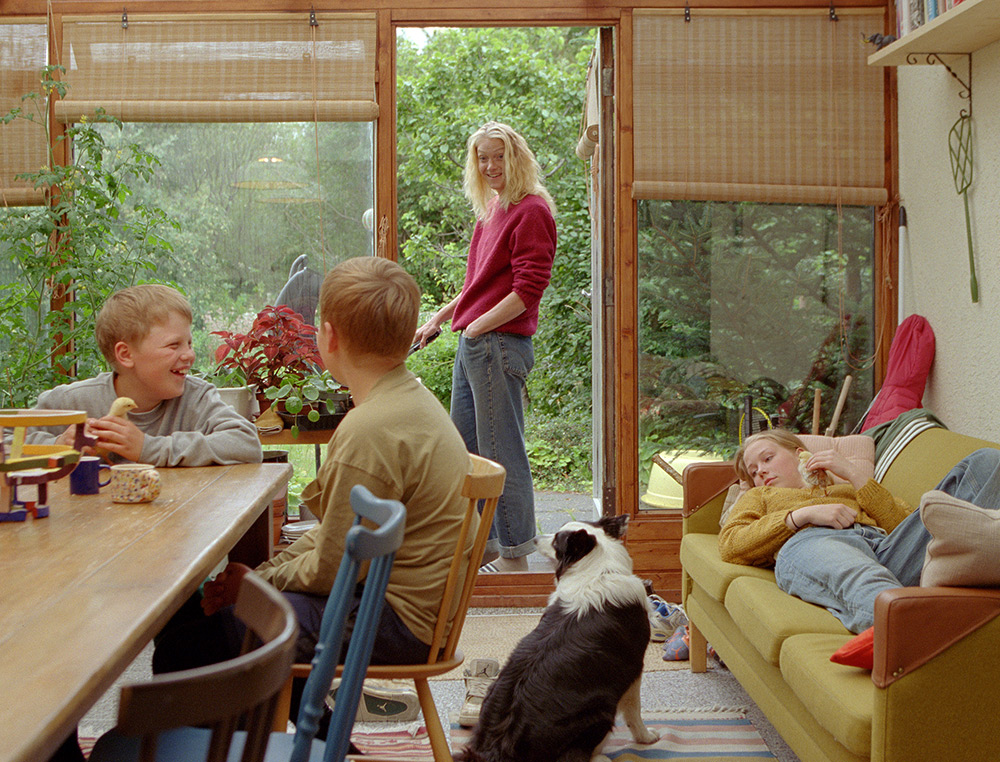
Working in a much lower key is Christian Petzold in Miroirs No. 3 (2025), a ghost film set in a home haunted by a family tragedy. Paula Beer is a musician whose fiancé dies in a car accident; in a state of shock, she seeks refuge in the home of a woman she encounters randomly. A highlight of the Directors Fortnight section, this delicate gem will inevitably and unfairly be described as minor. Much grander and more freewheeling stylistically, but as emotionally acute, is All That Remains (2025), the saga of a family separation by Icelandic director Hlynur Pálmason (Godland, 2022; A White, White Day, 2019). Again, a house is at the center. It is run by Anna (Saga Garðarsdóttir), an artist who lives there with the three children she had with her deep-sea fishing husband Pálmi (Ingvar Sigurdsson). Sprawling, messy, unpredictable, and imaginative, All That Remains is a wildly physical film, with rugged landscapes, interjected non-sequitur montages, and dream sequences involving a scarecrow built by the children. It is a shame and a mystery that the film was not in Competition, but there was never any doubt that the family’s Icelandic Sheepdog named Panda would take home the coveted Palm Dog.
There isn’t time here to cover all of this year’s many highlights. The Competition’s big award winners are all remarkable. Jafar Panahi’s miraculous It Was Just an Accident (2025) effortlessly balances black comedy with a startling critique of the regime that imprisoned him. Bi Gan’s dazzling Resurrection (2025) offers a beautiful dream ride through the 20th century and the history of cinema. The film is a visual funhouse filled with references to everything from the Lumière Brothers to German expressionism, and crime films to sci-fi movies, that culminates in a trademark half-hour-long tracking shot. Olivier Laxe’s Sirat (2025), filmed in North Africa, and largely populated by unforgettable non-actors, is an immersive cinematic experience that evokes the Mad Max movies and Wages of Fear.
A quick nod to a few more favorites is in store: Spike Lee’s New York thriller, Highest 2 Lowest (2025), feels like a self-portrait of the director, has a perfect star turn by Denzel Washington, and a breathtaking subway chase better than anything in Mission: Impossible – The Final Reckoning (2025). Catch it quickly in theaters before Apple consigns it to streaming. Lynne Ramsay’s ferocious Die, My Love (2025) stars Jennifer Lawrence at her vitriolic best as Grace, a writer, young mother, and newlywed who is driven mad by the stultifying effects of domestic life; Robert Pattinson is equally good in a reactive role as her bewildered husband Jackson. As the title suggests, the film dramatizes the struggle between eros and thanatos; it also boasts the pleasures of a deeply grounded, compassionate performance by Sissy Spacek as Jackson’s mother, and perhaps with help from producer Martin Scorsese, a soundtrack filled with a jukebox full of great blues, country, and rock songs.
Finally, here’s hoping that three smaller films find their way to these shores: the Colombian director Simón Mesa Soto’s Un Poeta (2025), a scabrous and ultimately touching portrait of a frustrated poet who seeks salvation through mentoring a young prodigy from an impoverished family; Nigerian director Akinola Davies’s deeply moving My Father’s Shadow (2025), about an estranged father’s visit to Lagos with his two sons ( picked up by Mubi); and French director Hafsia Herzi’s The Little Sister (2025), about an Algerian immigrant exploring her queer sexuality—an understated film with a transcendent performance by newcomer (and Best Actress winner) Nadia Melliti. Intimate and heartwarming without being sentimental, these films are a balm in anxious times.
